Description
Familiarity with Treatment
Femto Laser Assisted Cataract Surgery (FLACS) is a modern advancement in cataract surgery that utilizes femtosecond laser technology to perform precise incisions and lens fragmentation. This technique enhances the accuracy and safety of cataract removal compared to traditional methods.
Procedure
- Corneal Incision: A femtosecond laser creates a precise incision in the cornea, eliminating the need for a surgical knife.
- Capsulotomy: The laser makes an opening in the capsule bag surrounding the lens, allowing access to the cataract.
- Lens Fragmentation: The cataract is broken up using the laser, making it easier to remove and replace with an intraocular lens (IOL).
Who is it Suitable For?
- Patients with cataracts who seek a more precise and potentially safer surgical option.
- Individuals looking for a faster recovery time and reduced surgical trauma.
- Those with specific eye conditions that benefit from the precision of laser technology.
Who is it Not Suitable For?
- Patients with certain eye conditions that may interfere with laser use, such as severe corneal opacities.
- Individuals who cannot remain still during the procedure, as precise laser application is crucial.
- Those with financial constraints, as FLACS can be more expensive than traditional cataract surgery.
Advantages
- Precision and Safety: Enhanced accuracy in incisions and lens fragmentation.
- Needle and Blade Free: Reduces the need for traditional surgical instruments.
- IOL Stability: More stable placement of the intraocular lens.
- Faster Surgery: Reduced surgical time due to efficient laser use.
- Faster Recovery: Quicker healing and reduced risk of complications.
Complications
- Potential for Laser Malfunction: Although rare, equipment issues can arise.
- Increased Cost: Higher expenses compared to traditional methods.
- Learning Curve: Surgeons require specialized training to use the laser effectively.
- Possible Eye Inflammation: As with any surgery, there is a risk of postoperative inflammation.
Previous Care
- Preoperative Assessment: Comprehensive eye examination to determine suitability.
- Medication Review: Adjustments to current medications as needed.
- Patient Education: Informing the patient about the procedure, risks, and benefits.
Aftercare
- Follow-Up Visits: Regular check-ups to monitor healing and IOL position.
- Medication: Prescribed eye drops to prevent infection and reduce inflammation.
- Activity Restrictions: Avoiding strenuous activities and protecting the eye from injury.
- Symptom Monitoring: Watching for signs of complications, such as pain or vision changes.
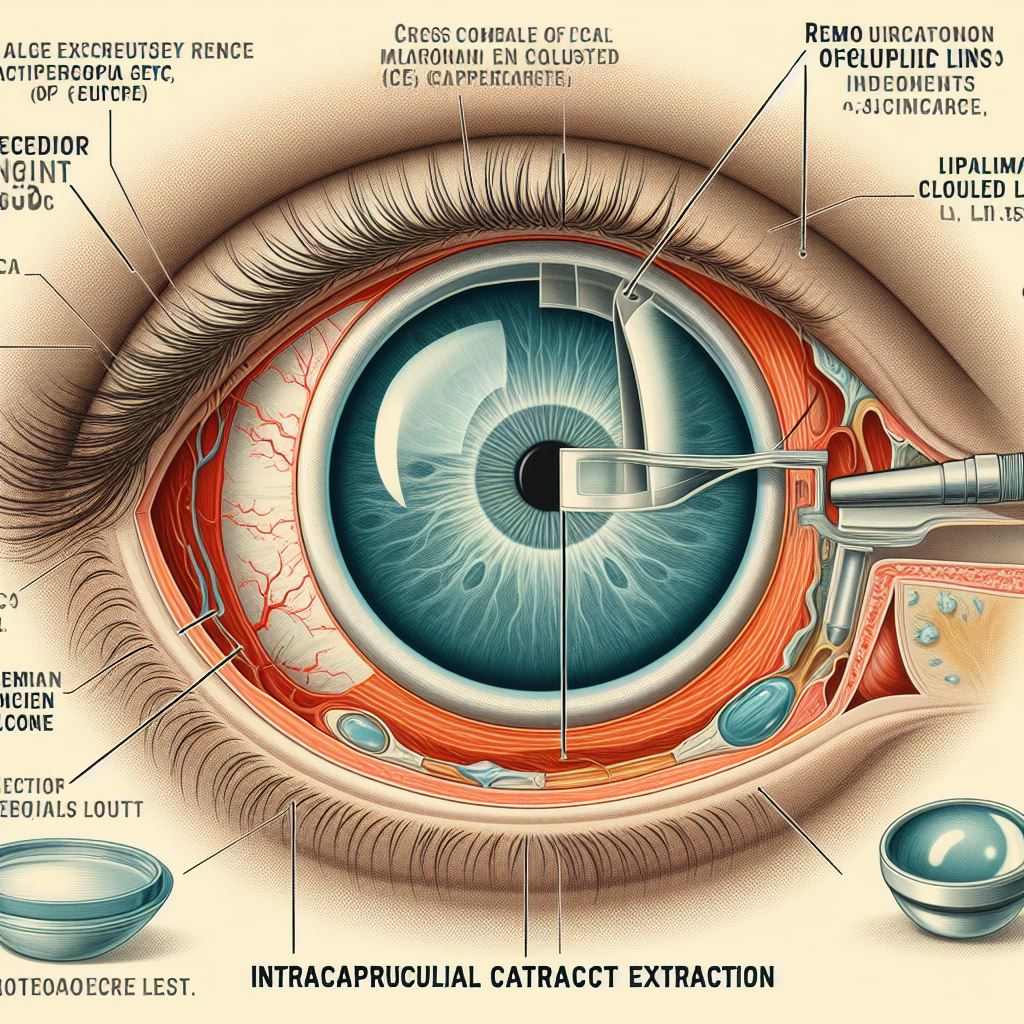
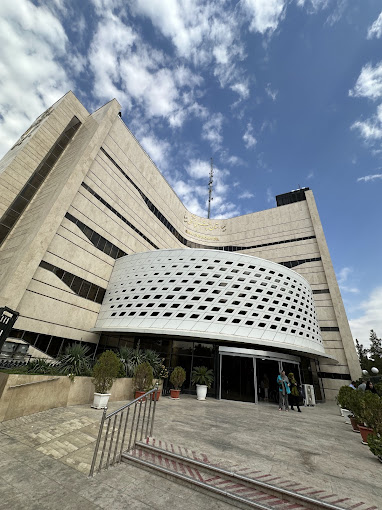

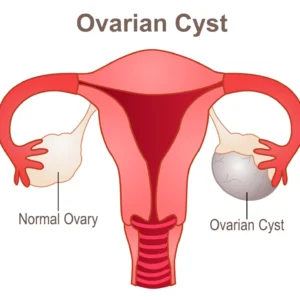
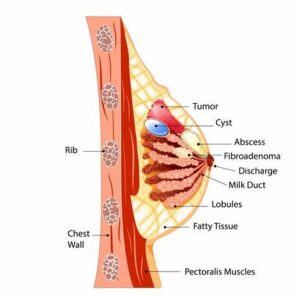
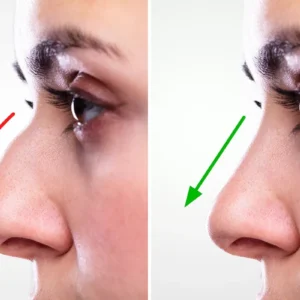

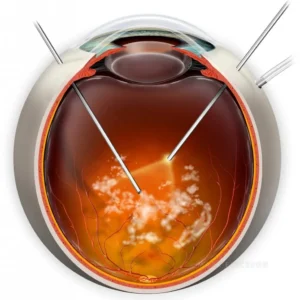
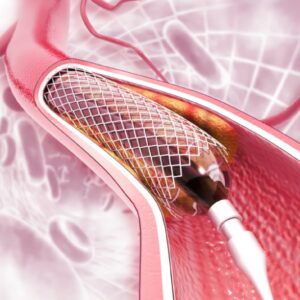
Reviews
There are no reviews yet.